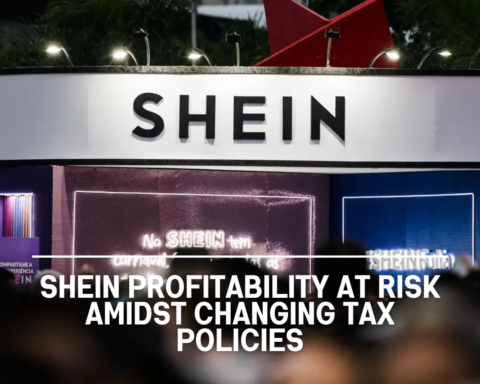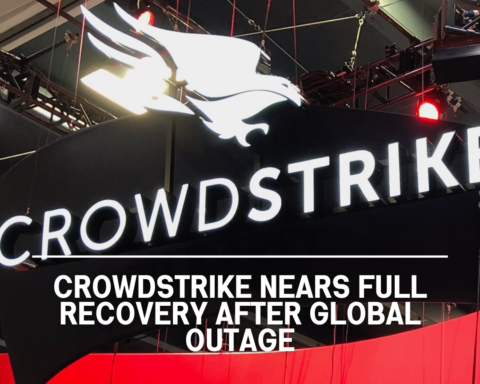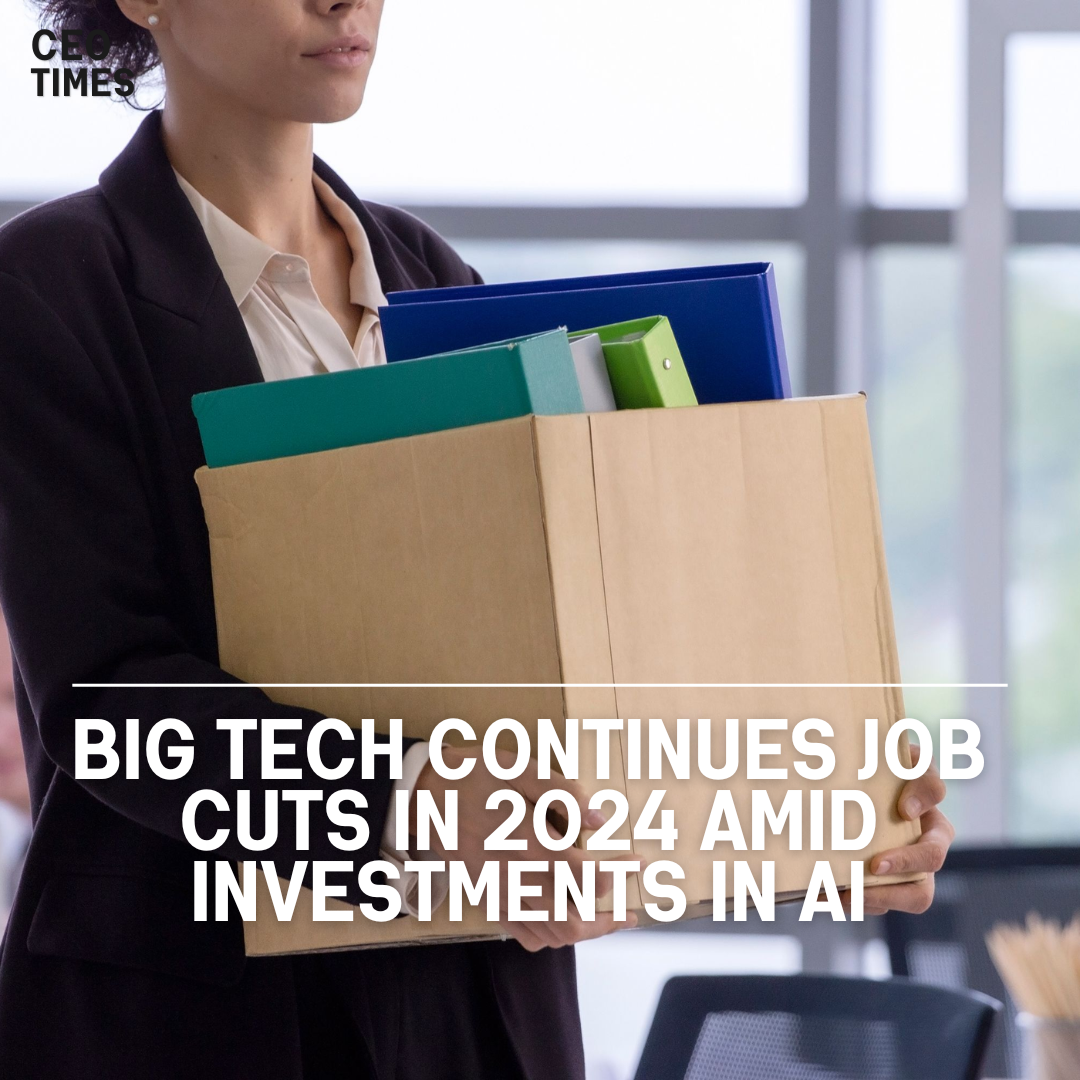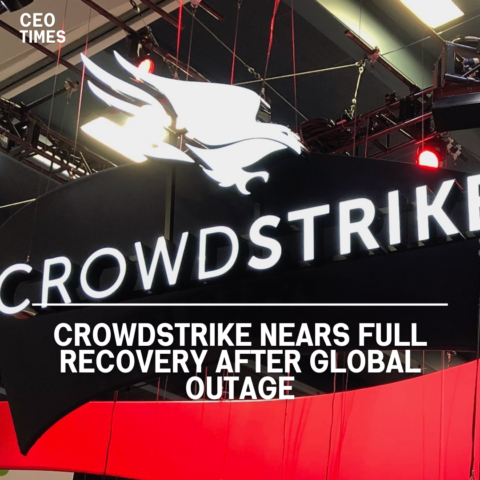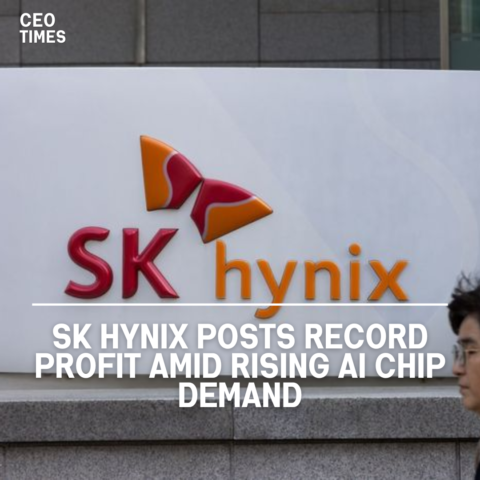Major tech companies like Google and Amazon are expected to continue job cuts in 2024 as they focus on investments in generative AI.
While these layoffs are anticipated to be smaller and more targeted than last year, analysts suggest that firms racing to catch up in AI may trim jobs to offset substantial spending on this technology.
Alphabet’s Recent Layoffs and AI Prioritization:
Alphabet, Google’s parent company, announced plans to invest in its “biggest priorities” and laid off around a thousand employees across various divisions.
This move included job cuts in the voice assistant unit, Pixel, Fitbit, and the advertising business. Analysts believe Alphabet is aligning its resources with a focus on closing the AI gap with competitors.
Amazon’s Job Cuts in Streaming and Studio Operations:
Amazon laid off several hundred employees in its streaming and studio operations, including additional cuts in its Twitch live-streaming platform and Audible audiobook unit.
The e-commerce giant, like Google, is heavily investing in AI, with a model codenamed “Olympus” in development to compete with OpenAI’s GPT-4.
Expected Smaller Layoffs and Changing Hiring Priorities:
While layoffs are predicted to be smaller than last year’s massive cuts, tech companies are adjusting their hiring priorities to focus on AI talent.
The industry is witnessing increased demand for AI roles, with some companies offering substantial salaries for these positions.
Analysts emphasize that AI’s impact on companies’ returns may take time, with Microsoft and Nvidia emerging as significant beneficiaries.
AI Investments and Prolonged Payoff:
Tech firms are intensifying their investments in AI, viewing it as a transformative technology.
However, the expected returns from these generative AI efforts might take longer, as evidenced by historical patterns where it often takes a decade or more to profitably harness new technologies.
While some are optimistic about a shorter timeframe for AI, others remain cautious about the prolonged timeline for significant returns.

